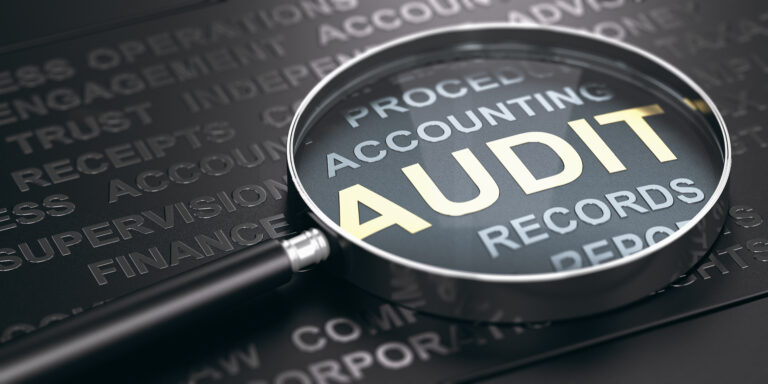What Taxes Should I Pay As A New Business Owner?

Defining Your Business & Paying Business Taxes
If you are a new business owner there are various taxes that you may need to pay, but the first step is defining your business. There are many different taxes to take into consideration, but not all of them will apply to your individual business. For example, if you do not have any employees then you will not be paying employment tax. Also, some businesses are required to pay quarterly taxes where others pay yearly depending on the monthly income. Once you define your business it will be easier to know the tax categories that apply to you.
Different Types of Business Taxes
Income Tax
Income tax is for any business that has income throughout the year. Any income related to the business should be reported on the business tax return, Schedule C. There are deductions available for this type of tax, which include start-up cost, travel, meal expenses, home office deductions and vehicle expenses.*
Sales Tax
This tax applies to businesses that sell retail products and rarely for services provided. If your business has a warehouse, store, or office then a sales tax permit is required and you should contact your state revenue office to determine the guidelines. There are three types of sales tax: seller privilege tax which the retailer must pay, consumer excise tax is for the purchaser of the goods, and retail transaction taxes which is for the transaction itself. If it is an online business (e-commerce), then internet sales taxes must be determined. The importance of paying sales tax is high as the consequences of not paying can include having permits suspended or revoked. *
Employment Tax
Employment tax is paid once you have employees on payroll. As a business owner there is also a requirement to withhold Social Security (FICA), Medicare, federal and state income taxes from employees’ salaries. The employer must then match and pay the employees’ FICA and Medicare taxes. Within the (Circular E), Employer’s Tax Guide you can find assistance on determining how much tax to withhold. *
Self-Employment Tax
The Self-Employment tax (SE tax) is for independent contractors that are both the employee and employer. They are required to pay both portions of taxes including social security and Medicare taxes, which is a total of 15.3%. *
Estimated Tax
Property Tax is only for income that is not subject to withholding taxes. For example, income from self-employment, interest, dividends, and rents. The form to complete is 1040-ES and it should be discussed with your accountant to determine how often to submit this tax. *
Excise Tax
This tax is governed by the Federal and state government for certain goods such as alcohol, cigarettes, and gambling. It is usually not separated on the receipt for consumers to see. It can be used as a way to regulate certain goods that may be considered unnecessary. *
Filing and keeping up to date with your business taxes is very important to the continual growth of your company. If you still remain unclear on what taxes you are required to pay or how much you should pay, contact Acosta Tax & Advisory, PA at 954-239-8365 for a Free Consultation – together we’ll plan and execute your business needs.
* This is not tax or legal advice – please consult with a CPA to discuss your specific situation.





